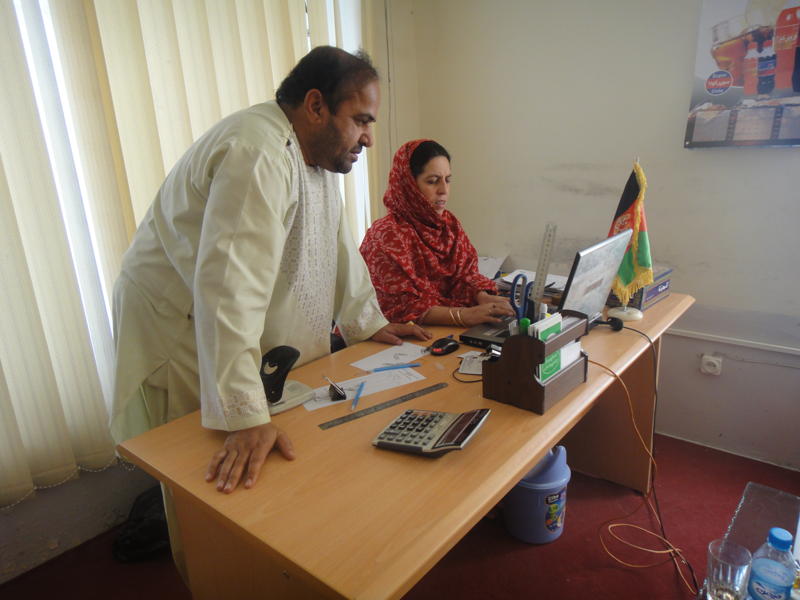Press

World Council Announces First Islamic Finance Manual for Credit Unions
Publication details Shariah-compliant operating policies and procedures for developing countries
MADISON, WI (July 30, 2013) — World Council of Credit Unions has published the Islamic Finance Manual: Operating Policies and Procedures for Credit Unions, the first known guide to establishing Shariah-compliant credit unions in the developing world. The Customer Owned Banking Association, World Council’s member organization in Australia, developed the manual based on World Council’s experience establishing Islamic investment and finance cooperatives in Afghanistan (2004–2012).
The comprehensive guide details operating policies and procedures based on international standards for financial cooperatives and adapted to comply with Islamic Law. The 305-page document addresses membership, shares and savings mobilization, Shariah-compliant financing and collection, provisions and allowances for bad debts, asset and liability management, capitalization and capital adequacy, accounting, cash operations, internal controls, human resources, procurement and information technology and security. Each chapter includes a comprehensive review of procedural requirements and who should be involved, including template forms and contracts.
“The Islamic Finance Manual produced with the initiative of the Customer Owned Banking Association of Australia is a product of years of dedication and cooperation among World Council staff and local Afghan leaders to adapt World Council’s traditional credit union building model to an Islamic banking environment,” said Brian Branch, World Council president and CEO. “The manual now provides a cornerstone for local credit union development in countries as diverse as Libya and Pakistan to Australia and the United States.”
World Council’s nine-year program in Afghanistan, through which the manual was developed, focused on establishing sustainable financial cooperatives as well as a national apex trade association. World Council consulted Islamic scholars and local religious leaders to modify its traditional credit union development methodology and establish the country’s first fully Shariah-compliant financial institutions. Today, more than 30 IIFCs and points of service in 14 provinces across the country offer share savings and loan products that heed the Islamic prohibition on paying or receiving interest. Afghanistan’s national financial cooperative association, the Islamic Investment and Finance Cooperative (IIFC) Group, was established in 2009 and became a World Council member in 2012. Afghan IIFCs comprise the world’s youngest credit union movement and is the only one to claim full compliance with Islamic Law.
Islamic finance is a form of ethical financing, defined by the fair distribution of wealth, concern for the welfare of communities and economic stability. Islamic finance principles promote the protection of consumer rights and prevent investment in businesses that are considered “harmful,” including gambling, armaments, alcohol and pornography. The creation of economies based on physical assets is at the heart of Islamic finance — a key reason why the Islamic financial sector was largely unaffected by the recent global financial crisis. Islamic financial markets operate in 37 Muslim countries, and many non-Muslim countries in Europe offer Islamic finance options.
Download Islamic Finance Manual: Operating Policies and Procedures for Credit Unions at www.woccu.org/operations.
World Council of Credit Unions is the global trade association and development agency for credit unions. World Council promotes the sustainable development of credit unions and other financial cooperatives around the world to empower people through access to high quality and affordable financial services. World Council advocates on behalf of the global credit union system before international organizations and works with national governments to improve legislation and regulation. Its technical assistance programs introduce new tools and technologies to strengthen credit unions’ financial performance and increase their outreach.
World Council has implemented more than 290 technical assistance programs in 71 countries. Worldwide, 56,000 credit unions in 101 countries serve 200 million people. Learn more about World Council’s impact around the world at www.woccu.org.
